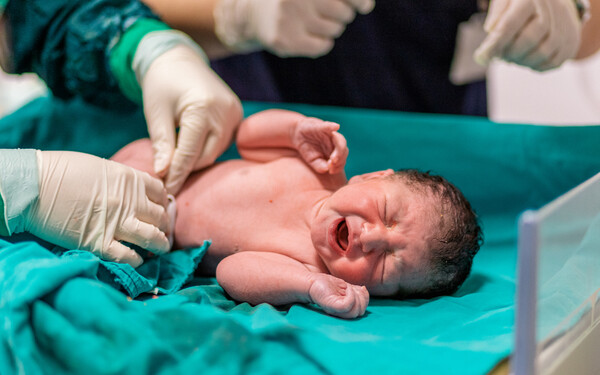A bill to provide state compensation for unavoidable medical accidents during labor and delivery has passed a subcommittee of the National Assembly's Legal Affairs and Judiciary Committee.
The remaining hurdles to enacting the law are the full meeting of the committee and the Assembly plenary session.

The Legal Affairs-Judiciary Committee held a subcommittee meeting on bills and deliberated and passed 33 bills, including an amendment to the Act on Medical Accident Damage Relief and Mediation of Medical Disputes on Wednesday.
The amendment to the Medical Accident Damage Relief and Mediation of Medical Dispute passed the subcommittee as the Ministry of Economy and Finance, which had been negative about the national compensation system for unavoidable medical accidents, changed its stance, according to parliamentary sources.
“The low birthrate is the most important national issue, and in this context, we agree with the Ministry of Health and Welfare that the government's role should be strengthened in the obstetrics and gynecology field, which is an essential medical area but placed under poor medical environment," said Kim Wan-soo, director of the economy and finance ministry’s Pension and Health and Budget Division.
However, the subcommittee failed to act on the amendment due to a lack of quorum.
The amendment bill, which passed the subcommittee, provides that the state will bear the full cost of compensation for unavoidable medical accidents during the delivery process despite the healthcare provider's duty of care. Currently, the compensation is financed 70 percent by the government and 30 percent by childbirth institutions.
Obstetricians welcome the bill’s passage at the subcommittee.
“It has the important implication of making the state fully liable for no-fault delivery accidents," said Kim Jae-yeon, chair of the Korean Association of Obstetricians and Gynecologists. “We appreciate the efforts of the Legal Affairs and Judiciary Committee and the Ministry of Health and Welfare to correct a law that violated the civil law doctrine of contributory negligence by requiring physicians to share in costs when they are not responsible.”
Kim noted that some obstetricians, even after paying large settlement money, cannot leave the delivery room to raise more funds for compensative maternal or neonatal deaths that have occurred despite their best efforts, adding that the amendment gives them hope after despairing over events that happened despite their best efforts.
“We hope that the amount of compensation for unavoidable medical accidents will be adjusted to a level that reflects the medical reality, the number of delivery-related medical cases will decrease, and the reimbursement for deliveries will be raised to a realistic level, creating a more stable childbirth environment," Kim said.

